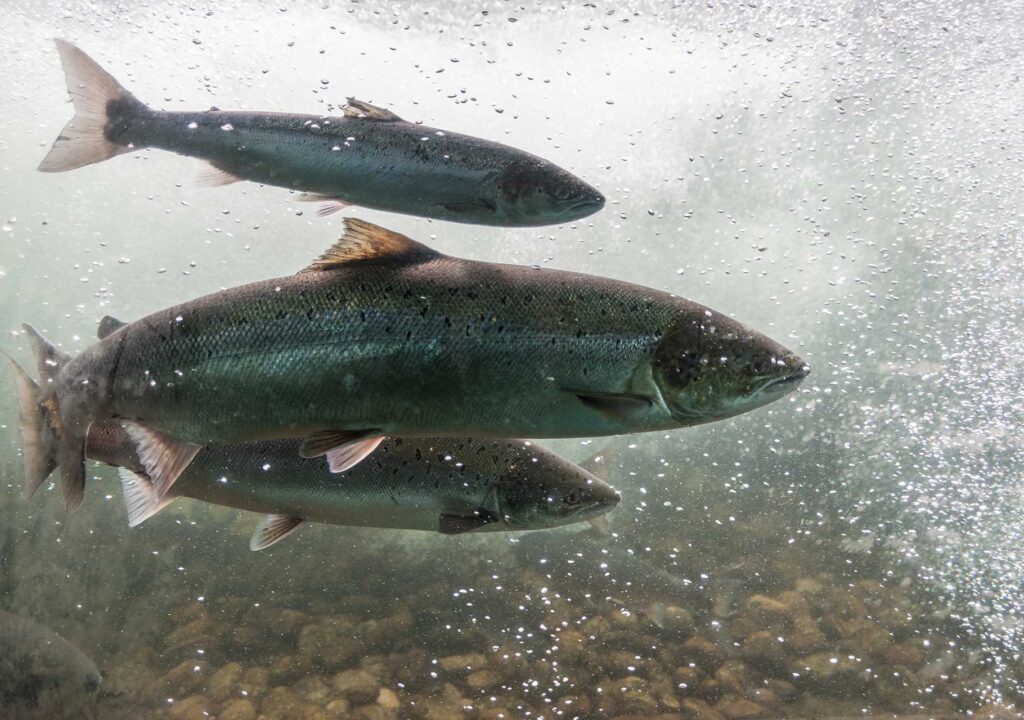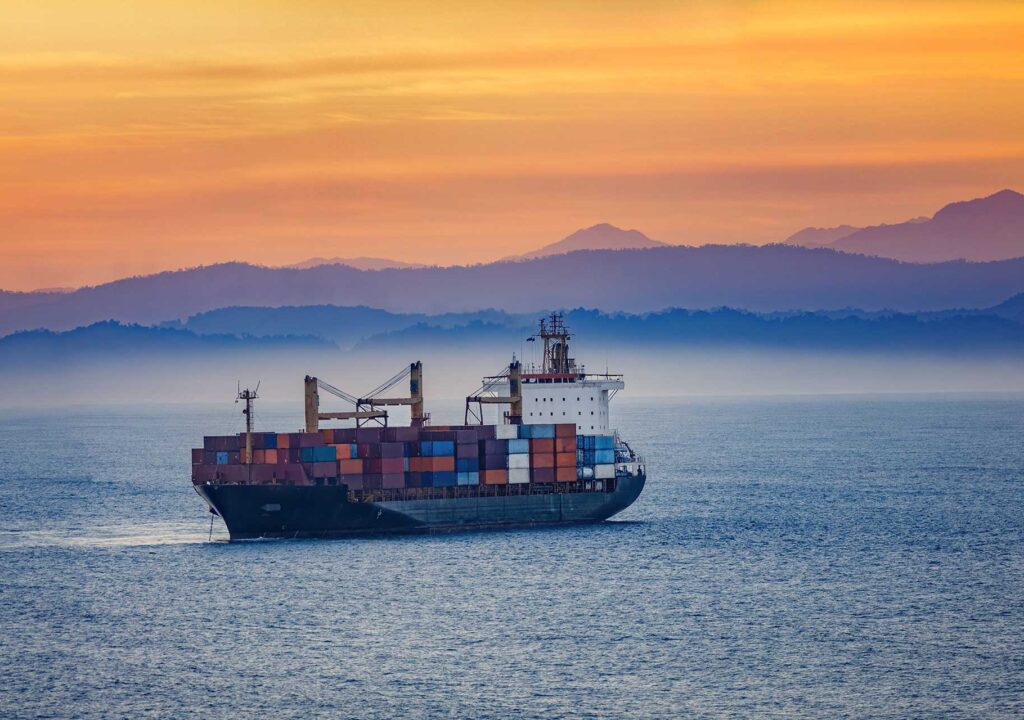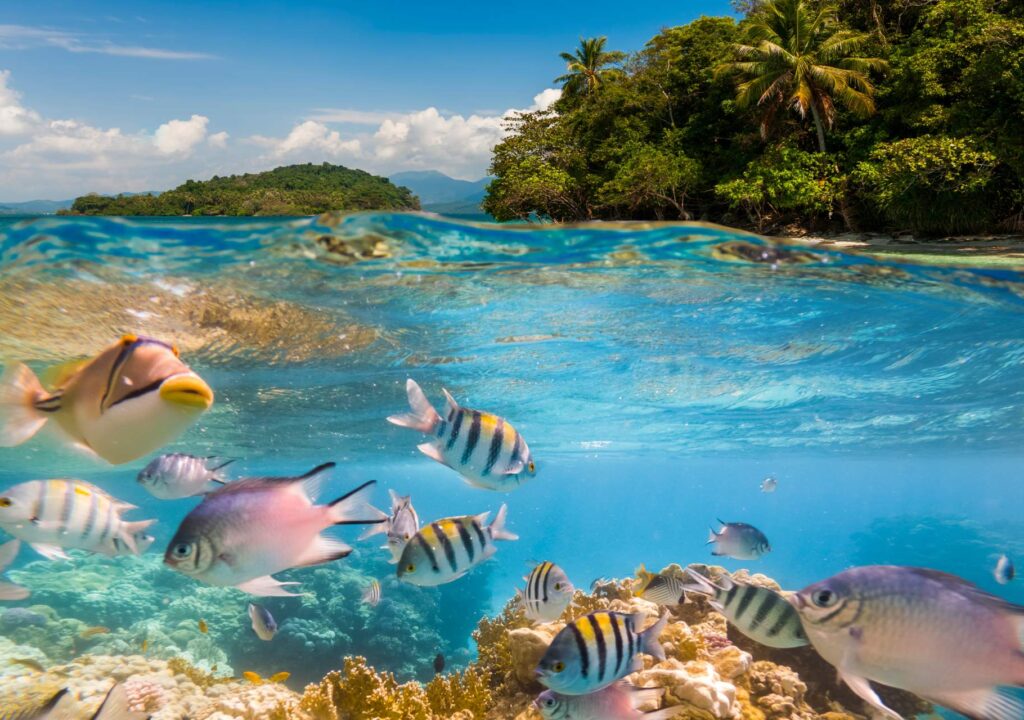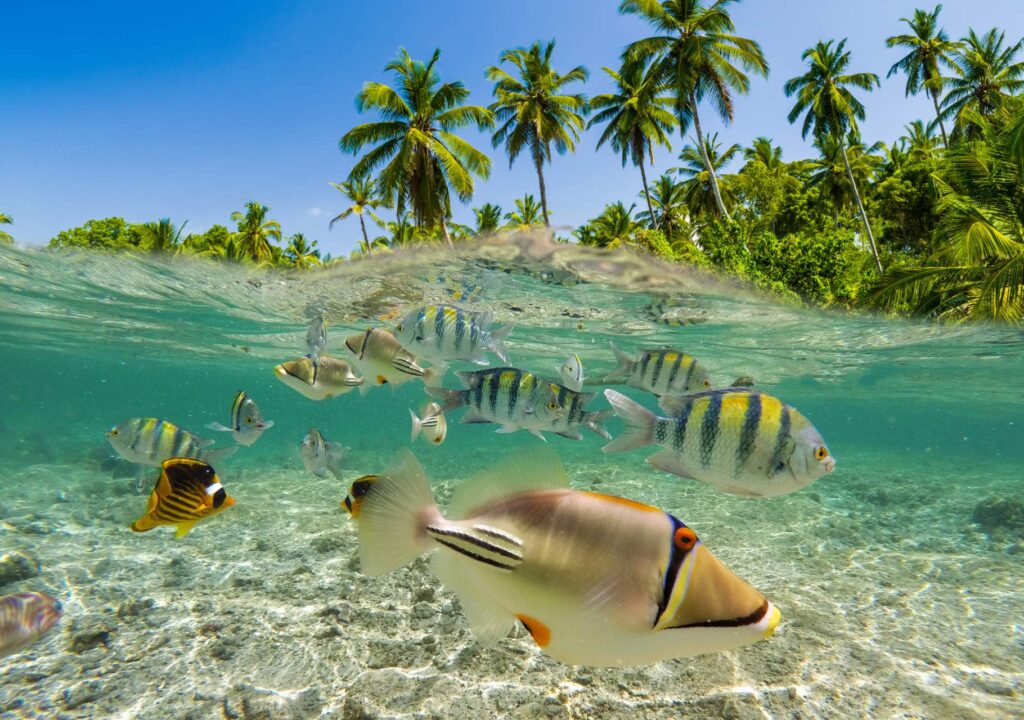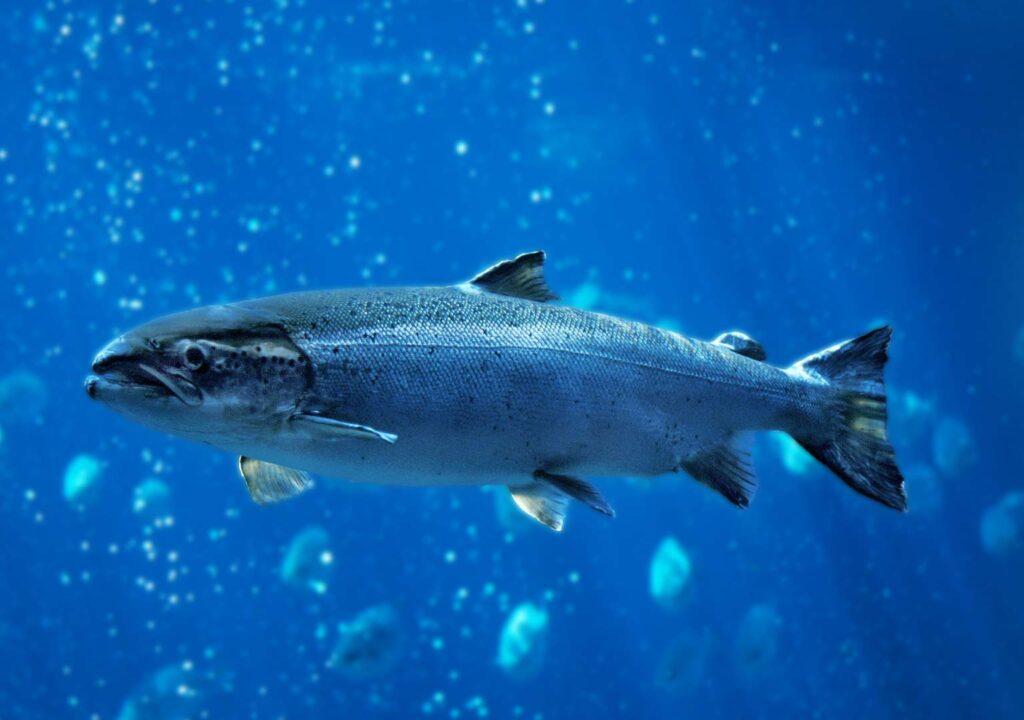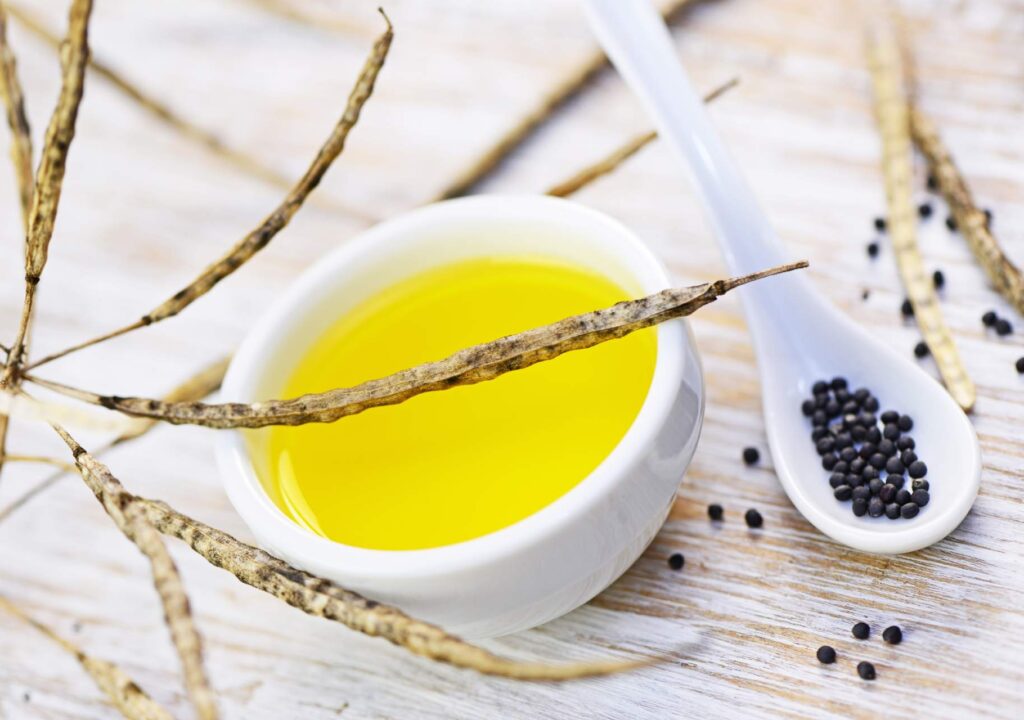In February, Brent Zacharias, Nufarm Group Executive of Seed Technologies and Evy Vikene, Aquaculture Lead for Norway & EU, attended the North Atlantic Seafood Forum (NASF), the world’s foremost seafood business conference. Brent and Evy travelled to Bergen, Norway, to discuss emerging technologies and new fish feed ingredients in aquaculture and how Aquaterra Advanced Omega-3 […]
Every March 3rd, we celebrate Global Omega-3 Day—a day dedicated to the omega-3s EPA and DHA, their importance to human health, and the need to incorporate more of them into our diets. This Global Omega-3 Day, we want to share three reasons why we created Aquaterra – a new and novel source of EPA and […]
Food costs have been skyrocketing in recent years. According to the USDA, the price of foods purchased for home consumption increased more than 25% in 4 years, and the rising cost of ingredients, shipping, and labor means that this trend will only continue. The number of plates to be filled will also only grow as […]
We all know that the 71% of the world covered by ocean is a beautiful place home to species such as whales, dolphins, sharks, octopuses, seals that inspire awe and spark the imagination. On this World Oceans Day, celebrated worldwide every June 8th since 2002, we want to show how our oceans are also natural […]
Este otoño, la revista Sustainability publicará un artículo sobre cómo la disminución de los recursos marínos ha impulsado el desarrollo de nuevas fuentes de omega 3 basadas en plantas, coescrito por miembros de los equipos Nuseed y CSIRO, y el Dr. Surinder Singh, líder de la división de Ingeniería de Aceites Vegetales de CSIRO. En la edición especial […]
This fall, the journal Sustainability will be publishing an article about how declining marine resources have fueled the development of new plant-based sources of omega-3, co-authored by members of the Nuseed and CSIRO teams, and Dr. Surinder Singh, the leader of CSIRO’s Plant Oil Engineering division. The special issue of Sustainability, “Marine Biotechnology for Sustainability […]
En los últimos años, varios ensayos de alimentación publicados en destacadas revistas científicas han demostrado que el aceite de canola con omega-3 de Aquaterra no solo es seguro para el consumo de peces de piscifactoría, sino también que los peces alimentados con dietas ricas en esta fuente alternativa de ácidos grasos omega-3 muestran los mismos […]
Over the last few years, several feeding trials published in leading scientific journals have shown that Aquaterra omega-3 canola oil is not only safe for consumption by farmed fish, but also that fish fed diets rich in this alternative source of omega-3 fatty acids display the same growth and performance benefits as fish fed traditional fish […]
Durante los últimos 20 años, la disponibilidad de aceite de pescado ha estado en descenso. La industria de la acuicultura ha respondido mediante la reducción del uso de aceite de pescado en las fórmulas de alimentación y la sustitución por volúmenes cada vez mayores de aceite vegetal. Sin embargo, los aceites vegetales convencionales no son […]
Over the last 20 years, the availability of fish oil has been on the decline. The aquaculture industry has responded by reducing the use of fish oil in feed formulas, replacing it with steadily increasing volumes of vegetable oil. However, conventional vegetable oils are not a one-to-one replacement for fish oil due to their lack […]



